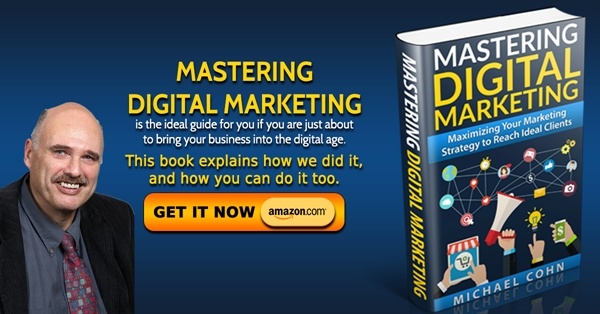Content Strategy and Content Marketing: What Is the Difference?

As a business owner (or even someone who works for someone else’s business), you have a content strategy (in all likelihood). You are probably also involved with content marketing to ensure that you get your story out there. Sometimes, the differences between the two are subtle.
The importance of both concepts for your business
Nowadays, you can’t afford to ignore the critical nature of content marketing and how it figures into your overall content marketing strategy. If you don’t recognize that as a fact, you may regret not viewing it as important enough for your business. The chances are very good that people are walking around discussing content marketing on a semi-regular or regular basis. However, have you noticed that they are also discussing content strategy on a regular basis?
Understanding the difference and leveraging them together
Once you have wrapped your mind around the two concepts and have come to a point where you truly understand the merits (and value) of both, it is time for you to figure out how to use them in tandem for your business. It will achieve extremely positive results if you can manage to do that. It is a really good idea to start with a definition of each one.
Content strategy
The content strategy for your business is the plan that you have devised in which you will use content to bring your business to the next level. Your content strategy drives your business in many ways. The content that you use does not necessarily have to be written by you (or someone who works for you). Some of that content can be from some other source although it is recommended that you write a large portion of the content that you decide to use.
Before you begin to use any content as part of your content strategy, you must create the strategy in its entirety. It doesn’t make any sense for you to build one phase, execute that phase, and then move on to create the next phase and execute that. You must be highly organized and it is important for you to be able to understand the big picture and to be able to envision the end of the road from the beginning of the strategy. Your strategy should be extremely detailed and don’t be concerned if you think that there is too much information that was included. When it comes to a content strategy, there is never too much detail.
You should think of your content strategy as your map. If you follow the strategy, you will definitely get to where you are going. In fact, there are several questions that your content strategy should be able to answer, if you have constructed it correctly and effectively.
- Is your content important enough to publish?
- Where will you publish your content?
- When should you publish your content?
- Who should read your content?
- Which responses are you trying to elicit with your content?
- What is your next step after you have published your content?
After you content strategy has answered those questions, there is another level of questions that it also needs to answer.
- Does your content satisfy the needs and wants of your many target audience members?
- Which formula are you going to follow when it comes to the layout of your content?
- Which frequency are you going to choose for your content?
- What reaction will your target audience have after reading your content?
Those are all very important points; however, it is important to remember that your content strategy, just like the rest of your content, should not be stagnant. In order to keep it fresh and exciting, you need to change it from year to year.
Content marketing
Content marketing, which is the second part of this discussion, is the way in which you communicate what you are trying to accomplish to your target audience members. Content marketing should be considered a marketing strategy. Of course, always remember that it should never be a hard sell (in any way, shape, or form). The content should be informational, educational, and compelling for the people who are reading it. Your ultimate goal (just like everyone’s) is to sell your products and/or services to the other person; however, you don’t necessarily have to communicate that to your target audience. As always, you are building relationships, which means that you are establishing a level of trust, credibility, and visibility in the eyes of the other person. Content marketing can come in many different forms, such as blog posts, eBooks, white papers, etc.
It is important to remember here that your content marketing is an important part of your content strategy. The sooner you understand that, the sooner you can move toward making them work as one unit to benefit your business. You can consider the content strategy as the foundation on which you place the content marketing piece. You certainly will not be able to succeed with your effort if your foundation is not solid. It needs to support everything that comes after it has been built.
Conclusion
It is important that you don’t think that after you create the content strategy, that is all that you need to do. That couldn’t be any further from the truth. In fact, that is only the beginning (although it is an extremely important beginning). It is very important for you to understand that each piece is important by itself, however, together they can rock your world!
We are pleased to provide you with the insightful comments contained herein. For a complimentary assessment of your online presence, let’s have coffee.

|




